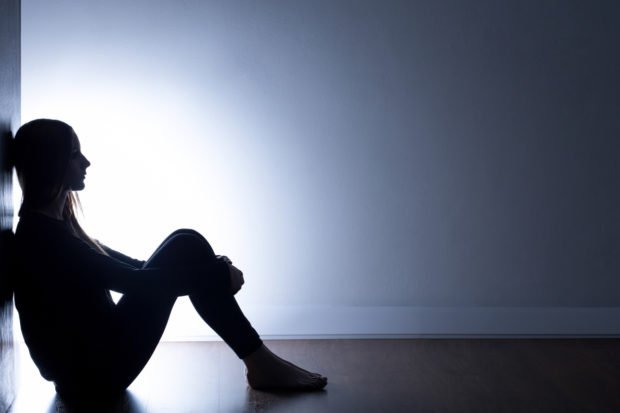
The Korea Herald/Asia News Network
SEOUL — Over 60 percent of Korean mothers aged 24 and under show signs of depression, a recent study by state-run institutes showed.
The state-run National Youth Policy Institute and Korea Institute for Health and Social Affairs conducted a survey on 101 mothers in that age group across the country based on the Center for Epidemiologic Studies Depression Scale-11, which asks people how they felt or behaved in the previous week
It found that 61.4 percent of mothers surveyed scored 16 or more, which indicates a person is at risk of clinical depression. In comparison, 13.7 percent of moms aged 34 and under showed similar signs.
The study also found that most of the younger moms faced financial difficulties: 41. 6 percent of them were indebted, with their average debt standing at around 27 million won ($21,505). Over half of them — 53.3 percent — did not have full-time jobs and 12.9 percent said they had no income at all.
In South Korea, the average age of women giving birth to their first child is 33.4 years.
A person aged 24 or under is defined as youth under the Youth Welfare Support Act. According to Statistics Korea, there are 26,210 households in South Korea of which at least one parent is a youth defined by the law.
In 7,876 households, both parents are aged 24 or under. These households are entitled to monthly child support worth 200,000 won per month from the Ministry of Equality and Family, but households in which only one parent is a youth cannot receive such benefits.
Researchers said an interview with subject of their study pinpointed “difficulty in getting government support” as the biggest problem ailing them.
“Government support must benefit both young mothers and fathers. It must be provided to not only households with both young parents, but also to households in which only one parent is a youth,” they said.
South Korea has recently seen a significant surge in depression among the young population overall.
The state-run Health Insurance Review & Assessment Service last June announced their study on depression across the country, which showed the number of depressed people in their 20s increased by 127.1 percent from 2017 to 202. Depression among teens rose by 90.2 percent during the same period.
RELATED STORIES